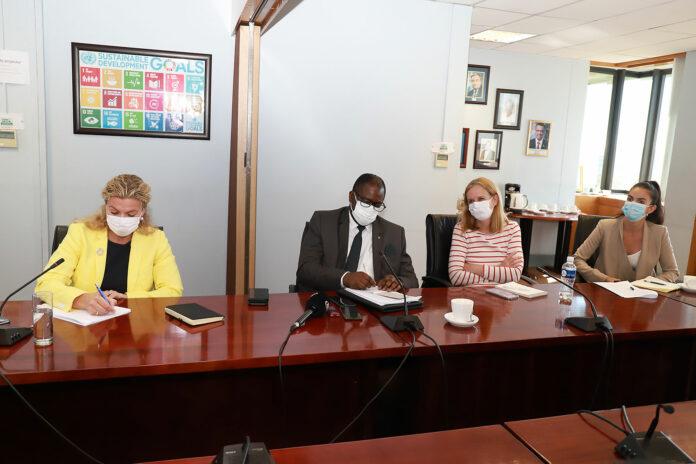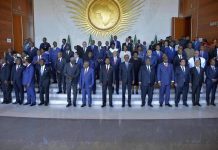Africa-Press – Botswana. Botswana’s civil imprisonment legislation has been labelled as discriminatory, picking on individuals with economic challenges. The UN report says the government must urgently review the system and ensure that individuals are not imprisoned due to inability to repay debt.
“Detention due to inability to pay debt is arbitrary in itself and because it discriminates against individuals due to their economic status.”
The preliminary report was delivered to the government recently by the UN Working Group on Arbitrary Detention who conducted an official visit recently.
The report says the Group met individuals detained due to their inability to repay a debt, which they say is often not a large sum of money.
“Additionally to the debt that they have failed to pay, these individuals are liable for Sheriff’s costs, which in many cases doubles or even triples the owed amount.” Although imprisonment is not lengthy (usually of three months), the report says debtors are also detained together with other prisoners and still required to repay the debt, including the Sheriff’s costs upon release.
The Group makes reference to Article 11 of the UN International Covenant on Economic, Social and Cultural Rights which is non-derogable and reflects customary international law, and prohibits the deprivation of liberty due to debt.
“The States Parties to the present Covenant recognize the right of everyone to an adequate standard of living for himself and his family, including adequate food, clothing and housing, and to the continuous improvement of living conditions. The States Parties will take appropriate steps to ensure the realization of this right, recognizing to this effect the essential importance of international co-operation based on free consent,” reads Article 11.1 of the Covenant.
In Botswana civil imprisonment is an application made to the court for the Judgment debtor to be imprisoned for failure to pay as per the settlement agreement made before the District Labour Office in terms of section 7(13) as read with 28(2) of the Trade Disputes Act of 2016. Any party whom there has been nulla bona return filed by the Deputy Sheriff is illegible.
These concerns are just part of the preliminary findings of the Working Group. The Group says they look forward to continue engaging in constructive dialogue with the government of Botswana over the next few months while they determine our final conclusions in relation to the country visit. “We acknowledge with gratitude the willingness and openness of the Government to invite the Working Group and note that this is an opportunity for introducing reforms to address situations, which may amount to arbitrary deprivation of liberty.”
For More News And Analysis About Botswana Follow Africa-Press






